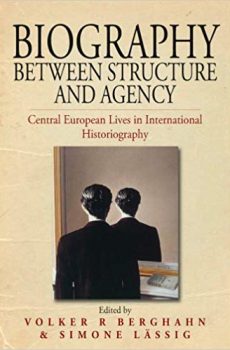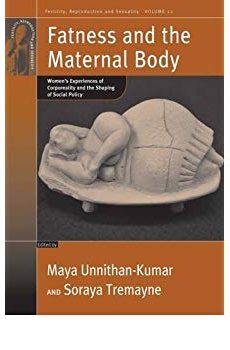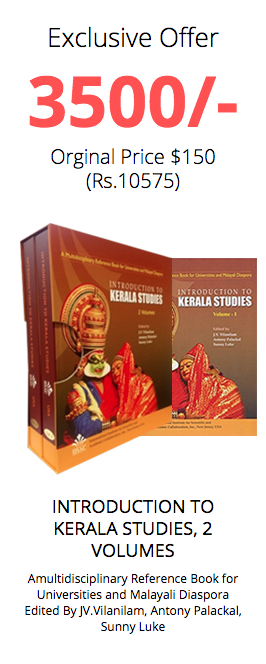
Biography Between Structure and Agency
8,400.00₹ 1,990.00₹
While bookstore shelves around the world have never ceased to display best-selling “life-and-letters” biographies in prominent positions, the genre became less popular among academic historians during the Cold War decades. Their main concern then was with political and socioeconomic structures, institutions, and organizations, or―more recently―with the daily lives of ordinary people and small communities. The contributors to this volume―all well known senior historians―offer self-critical reflections on problems they encountered when writing biographies themselves. Some of them also deal with topics specific to Central Europe, such as the challenges of writing about the lives of both victims and perpetrators. Although the volume concentrates on European historiography, its strong methodological and conceptual focus will be of great interest to non-European historians wrestling with the old “structure-versus-agency” question in their own work

Fatness and the Maternal Body
8,400.00₹ 2,090.00₹
Obesity is a rising global health problem. On the one hand a clearly defined medical condition, it is at the same time a corporeal state embedded in the social and cultural perception of fatness, body shape and size. Focusing specifically on the maternal body, contributors to the volume examine how the language and notions of obesity connect with, or stand apart from, wider societal values and moralities to do with the body, fatness, reproduction and what is considered ‘natural’. A focus on fatness in the context of human reproduction and motherhood offers instructive insights into the global circulation and authority of biomedical facts on fatness (as ‘risky’ anti-fit, for example). As with other social and cultural studies critical of health policy discourse, this volume challenges the spontaneous connection being made in scientific and popular understanding between fatness and ill health.

Professional Identities: Policy and Practice in Business and Bureaucracy
8,400.00₹ 1,700.00₹
In both professional and academic fields, there is increasing interest in the way in which white-collar workers engage with institutions and networks which are complex social constructions. Covering a wide variety of countries and types of organization, this volume examines the diverse ways in which individuals’ ethnic, gender, corporate and professional identities interact. This book brings together fields often viewed in isolation: ethnographies of groups traditionally studied by anthropologists in new organisational contexts, and examinations of the role of identity in corporate life, opening up new perspectives on central areas of contemporary human activity. It will be of great interest to those concerned with practical management of institutions, as well as those of us who find ourselves working within them.




